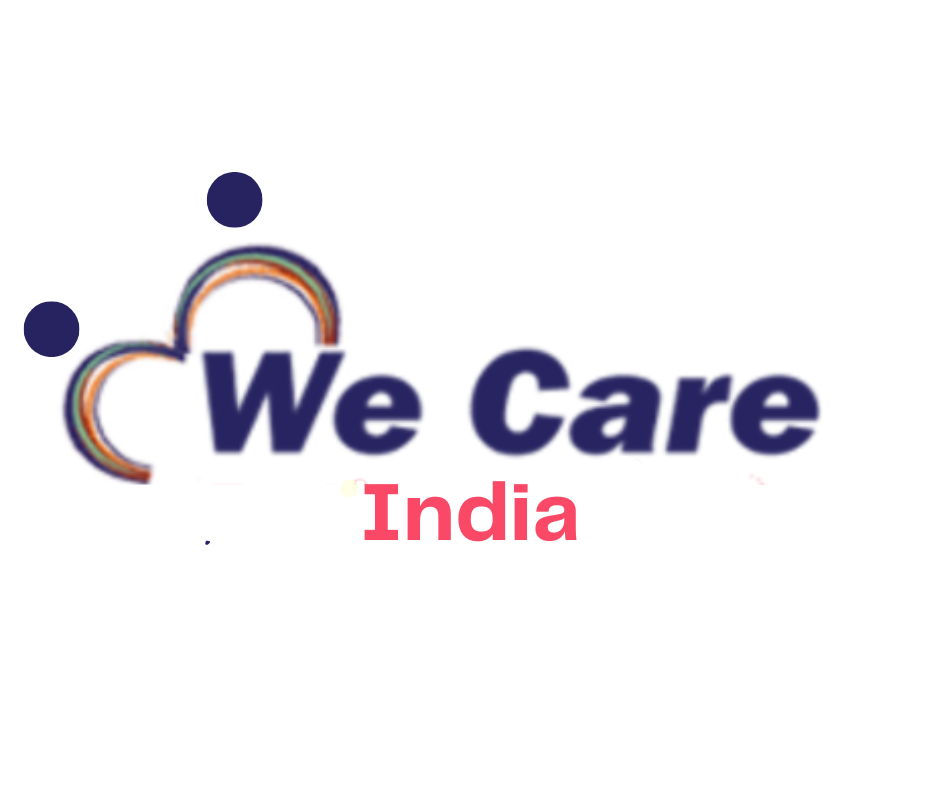India is grand country, Billions of people residing here resultant it became second most populated country all over the world. More population, more hurdles, and so its solution are. We are talking about that severe issue which is circling around in India nowadays. Infertility is that war of words which has crossed its limits in India, hence becoming some couple’s major crunch in their life. Each couple’s wish is to get baby naturally and completing their family. Unfortunately, some couples can’t hack the natural cycle of the process of pregnancy, thus being sterile. Infertility can occur either to male or to female on the basis of various reasons, like style of living, previous medical history, or it may be unexplained infertility reason.
Sterility can be solved from various methods such as IUI, IVF, Egg Donor, Sperm Donor etc. One of the best techniques to cast aside this issue is ICSI treatment in India. ICSI is inimitable course of medication and it has its sky-scrapping result if we compare with other fertility solutions. We Care India is that clinic which offers this treatment beyond any comparison and it has its A-1 results.
Who can go for ICSI treatment -?
- Dysfunction in Ejaculation
- Women whose fallopian tube is blocked or removed
- Inadequate sperms counts and poor quality
- Abnormal shape of the sperm
- If the couple is unable to do intercourse due to any medical or biological reason.
- For same sex couples ICSI treatment is advised.
Procedure of ICSI ministration is as simple as ABC –
ICSI Treatment begins with stimulation of Ovary or induction of ovulation where fertility medication is employed to stimulate the ovaries to develop and unleash many eggs. Once the eggs are mature and prepared for retrieval, the couple has to go in the fertility clinic for retrieving the egg and to give semen sample.
Then the male partner provides semen sample on the day of the procedure. If there are issues with ejaculation, sperm could also be collected surgically from a testis. The expert of clinic then selects and prepares healthy sperms and injects them into individual eggs, which has retrieved from the ovaries. The fertilization takes place generally from two to three days. Then after fertilization, embryo is placed within the uterus with the help of a tube referred as Catheter, At We Care India, the entire coarse of medication is plain sailing and easy to reach. The entire ICSI cycle takes between four and six weeks.
ICSI Treatment cost in India –Cost of ICSI in India Stands to reason –
Charge of ICSI in India is reasonable comparing other countries. India offers ICSI treatment in low price, that’s the reason why sterile partner travels from abroad to get their treatment done in India. ICSI treatment cost in India is approx INR 2,10,000 -2,25,000. The medications covered in this package is the cost of fertility drugs, all tests, ultrasound, injections, the entire process of ICSI, all pre checkups, post checkups, and any other medical care during ICSI treatment. Arrive at conclusion and get away from the major problem of sterility by choosing ICSI techniques .
Related Article :- IVF Cost in Delhi



